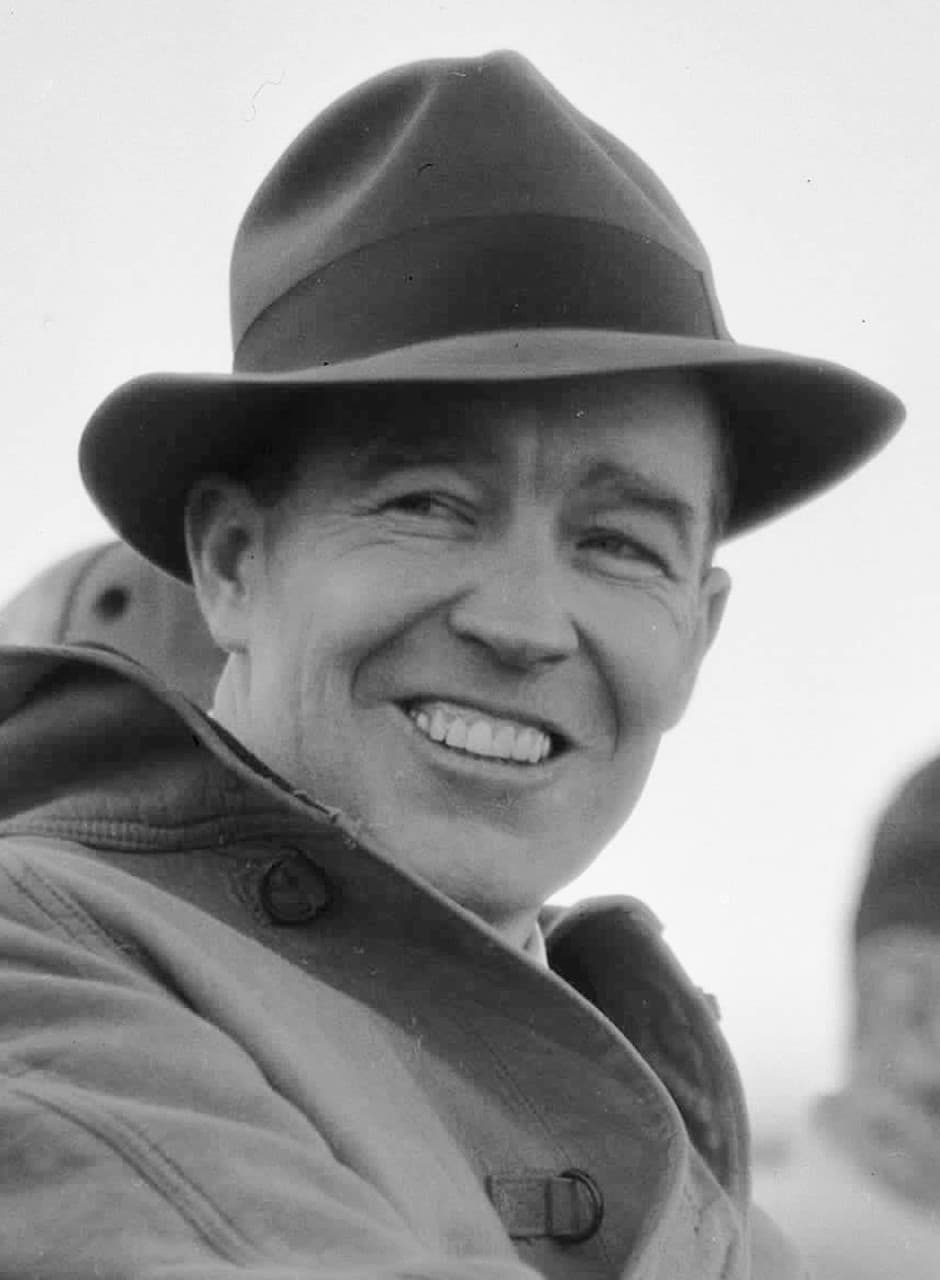Advertisement
National Signing Day's World War II Connection
ResumeNational Signing Day came and went in typical fashion on Wednesday: the nation’s top high school athletes made their college choices official — and, once again, Alabama’s football team emerged with the NCAA’s top class. The current system of signing high school recruits to athletic scholarships might not exist were it not for Notre Dame’s class of 1946.
Michael Weinreb made that argument in a recent piece for Grantland, and he joined Bill Littlefield to explain.
BL: Michael, before we get to the story of the class of 1946, tell me about Notre Dame coach Frank Leahy and how he ended up enlisting in the Navy during World War II.

MW: Yeah he was hired in the early '40s to be the spiritual heir to Knute Rockne. He coached a couple years before the war and then when the war came on, one of his assistant coaches basically said to him that, "The only way we're going to be able to relate to these players after the war is if we join the war effort ourselves," so that's what he wound up doing.
And he was working in the Pacific, mostly in sort of a ceremonial role, dealing with athletics and stuff on submarines. And so it actually helped him to recruit just because he was able to interact with athletes and football players during the war itself.
BL: Well, "interact with athletes" is an interesting phrase. You've written that he "organized recreational activities." Was that a synonym for "recruited football players?"
MW: They certainly went hand-in-hand. And I think a lot of what he was doing was dealing with some of the really good athletes who happened to be in the military. And then he could sort of give them his pitch on Notre Dame.
BL: When Leahy returned to Notre Dame for the '46 season, he fielded an exceptionally deep team. OK. How deep was it?
What he was doing was dealing with some of the really good athletes who happened to be in the military. And then he could sort of give them his pitch on Notre Dame.
Michael Weinreb
BL: And some of these guys were like 23, 25. These were returning GIs returning to school.
MW: Yeah I mean they'd been through combat. They'd seen a lot. And so you know they came back to play football and Leahy whips them into shape. They basically go four years without losing a game. They have a couple ties in there but they don't lose a game from '46 through '49.
BL: Aside from helping Leahy land what you call “the greatest recruiting haul of all time,” how else did the war — and the GI Bill — affect college football recruiting across the board?
MW: Well, it became a little bit of a Wild West postwar because nobody really knew how to handle the rules at that point. You had a famous case of an All-American halfback who transfers from West Point to Mississippi State largely because Mississippi State just offers him $5,000 in cash and offers him a job and a car. And that's just the way things were at that point. There were no rules.
And so everybody started to fret. They tried to come up with all these regulations to figure out how to even out the playing field, but there was this group called the Sinful Seven from the South, and they basically just said, "We don't want to live by these rules." They wound up voting on it and decided to scrap a lot of them. But what remained was just this idea of athletic scholarships and that's ironically what came out of this.
BL: In what ways is the current debate over paying college athletes similar to circumstances during those post-war years?
MW: You can see that the NCAA and the colleges themselves are feeling like they have to move to something different and that they have to progress in some way, shape or form. How that takes shape we still don't know, but I think that's what was happening post-war too is that, you know, the world had changed and people were recognizing that the world had changed and then it was, "How do we handle this whole situation?"
This segment aired on February 7, 2015.